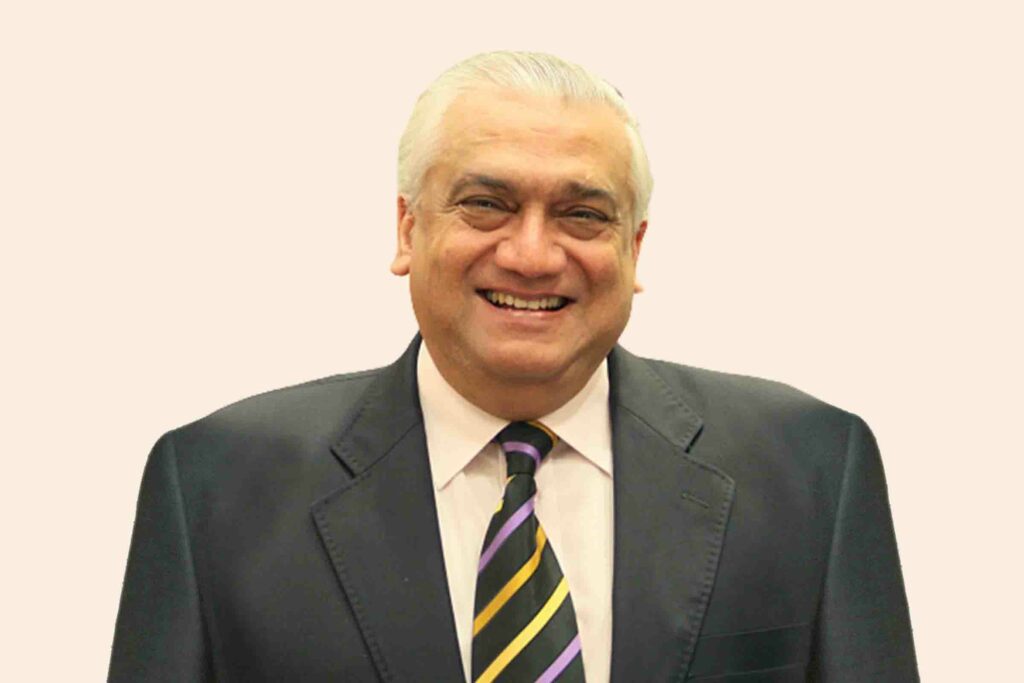
Challenges bring out the best in Israeli Prime Minister Benjamin Netanyahu — such as his political acumen and his ability to turn every crisis to his advantage. His deft handling of Israel’s diverse and contentious politics has enabled him to remain as PM for a total of 15 years. Now, a month before Israel’s latest general election on March 23, he is facing perhaps the gravest challenges of his career.
Several of his earlier associates on the right wing are now part of an “Anyone but Netanyahu” coalition. In response, Netanyahu, with his usual dexterity, has arranged a coalition of two ultra-right parties; together, they could cross the electoral threshold and bring more seats for him, though one of the coalition partners, a former disciple of Meir Kahane, is a racist extremist.
In another extraordinary move, Netanyahu has broken up the four-party Arab Joint List by pulling out the Ra’am party and making it his ally. The Joint List won 15 seats in the last election. By fracturing it, Netanyahu has reduced the number of seats it might win next month, while also ensuring he will benefit from the seats Ra’am brings to the coalition.
Netanyahu’s maneuvers are taking place just as he has had to appear in court to defend himself on charges of bribery, fraud and breach of trust. At the last of the preliminary hearings last week, his lawyers called for the trial to be postponed until after the elections, even suggesting that hearings before the vote could influence the democratic process. At the same time, Israeli media outlets have been reporting accusations of possible witness tampering by the Netanyahu side.
However, the prime minister’s support base accepts his contention that he is a victim of powerful left-wing forces in politics and the media, which are conspiring to oust him from power, and continues to reject any suggestions of wrongdoing by him.
Netanyahu has taken the lead in getting coronavirus vaccines to Israel and the country has emerged as a world leader in administering the jabs. His expectation was that the countrywide vaccination drive would dramatically reduce infections and bring a return to normal life. It has not yet worked out that way. Despite a third national lockdown and the large number of vaccinations, infections continue to proliferate, with young people increasingly filling the hospitals. But this could change over the next month and give Netanyahu the 40 seats he believes the vaccinations should bring him.
Netanyahu also has every reason to miss Donald Trump in the White House. Joe Biden did not speak to the Israeli prime minister in the first few weeks. Nor, in recent remarks, did the US president mention Israel in his list of countries that are America’s “closest friends.”
This situation is galling for the prime minister, particularly after four years of Trump, when Netanyahu was the favored partner and personal friend of the president. Trump had, at opportune moments, bestowed “gifts” that boosted Netanyahu’s domestic image and electoral prospects, such as recognizing Jerusalem as the Israeli capital, shifting the US Embassy to Jerusalem, and recognizing Israel’s annexation of the occupied Golan Heights. Biden and Netanyahu finally spoke for an hour this week, with a beaming (and relieved) Netanyahu announcing afterward that the conversation was “very warm and friendly.”
However, adding to the prime minister’s chagrin are indications that Biden plans to take the US back to the nuclear agreement with Iran. Here, Netanyahu has seized the opportunity to burnish his image as tough and unafraid in support of Israel’s interests, even if it means taking on the White House. Along the lines of his addressing a joint session of Congress in March 2015 to oppose the nuclear agreement just two weeks before elections in Israel, Netanyahu has again embarked on a high-profile campaign against the agreement.
Besides belligerent threats of war from its generals, Israel is undertaking a significant upgrade of its military capabilities, is regularly attacking Iranian assets in Syria, and has carried out an elaborate exercise to simulate conflict with Hezbollah, signaling its preparation for a multi-front regional conflict.
—
Netanyahu’s maneuvers are taking place just as he has had to defend himself on charges of bribery, fraud and breach of trust.
—
An official Israeli intelligence report has said Iran would be two years away from developing nuclear weapons after it had reached the required level of enrichment; the idea being that the US need not rush into an agreement with Iran. Netanyahu has appointed his national security adviser, Meir Ben-Shabbat, as his interlocutor on the Iran question, to explain Israel’s concerns to the administration and Israel’s numerous friends in the US.
Few believe that Netanyahu plans to go to war. His interest is to delay the US rejoining the nuclear agreement so that it can be modified to address regional security and terrorism issues as well, in the full knowledge that Iran will not accept any of these changes.
In the meantime, Netanyahu’s bravado and fierce championing of Israel’s interests should, he believes, see him through his next electoral challenge.
Talmiz Ahmad is an author and former Indian ambassador to Saudi Arabia, Oman and the UAE. He holds the Ram Sathe Chair for International Studies, Symbiosis International University, Pune, India.

